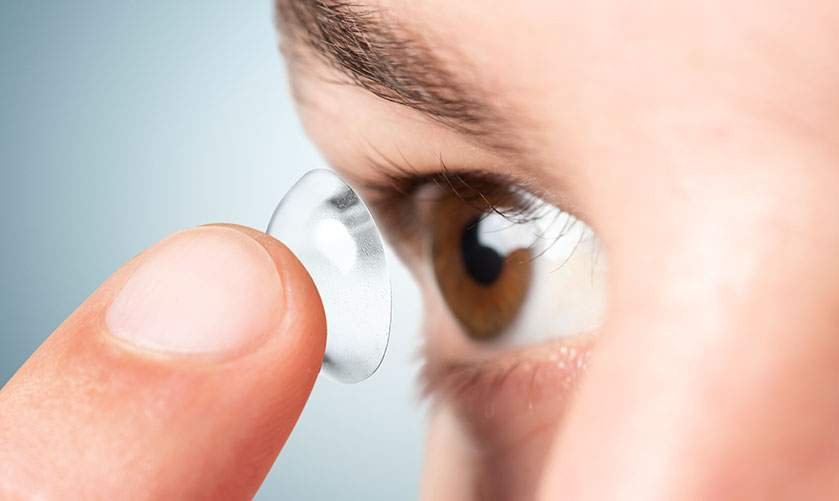Eye Care
Having type 1 or type 2 disease increases the risk of eye diseases. Keeping a protective approach to eyes along with diabetic complications can make a big difference. Luckily, most people with diabetes experience only minor eye issues that can be managed with routine check-ups and eyecare. Diabetes-related eye diseases:
Three eye diseases can develop due to diabetic complications:
1. Glaucoma

It’s a gradual loss of eyesight either partially or fully. When the pressure inside the eye increases than normal, it can damage the optic nerve. Older people or those who have uncontrollable diabetes are more likely to develop glaucoma. However, the treatments are available in the form of medications and surgery.
2. Cataract

In this condition, the lens becomes cloudy and interrupts normal vision. It occurs in old people. But, if someone has diabetes, they can still develop cataracts at a young age. Studies suggest that high blood sugar levels create deposits in the lens. Using sunglasses can prevent the condition or either can slow the progress of cataracts. Surgery can also be recommended.
3. Diabetic Retinopathy

It is a common complication of chronic diabetes. It is caused due to the damaged blood vessels of the light-sensitive tissue at the back of the eye (retina). A persistently high blood sugar level might cause this condition. Laser surgery, like focal photocoagulation, can be used as a treatment option.
How to prevent glaucoma?

Early recognition is the best thing to prevent glaucoma. A diabetic patient should be aware of the possible consequences of the disease. An untreated high sugar level and high blood pressure increase the risk of developing glaucoma significantly. A diabetic should follow a healthy routine and should consult their doctor regarding any changes in the condition.
There are some tips to avoid eye diseases in diabetes:
Monitor your BG levels: it’s very crucial to check BG levels to avoid many complications of diabetes. A managed blood sugar level helps prevent common eye diseases.
Regular exercise: working out for at least 20 minutes can improve the glycemic level and keep the eyes healthy.
Have a good diet: consume foods enriched with vitamin A, omega-3 fatty acids and beta carotene.
Take eye check-up annually: an eye check-up should be done each year to check any kind of issue in the eye. The ophthalmologists check for cataracts, glaucoma, and other eye diseases. Also, a yearly check can detect any underlying disease and treatment can be started early.
Awareness about the potential complications that might develop during diabetes is important and one should ensure good control of blood sugar to delay onset of complications and not take them lightly.